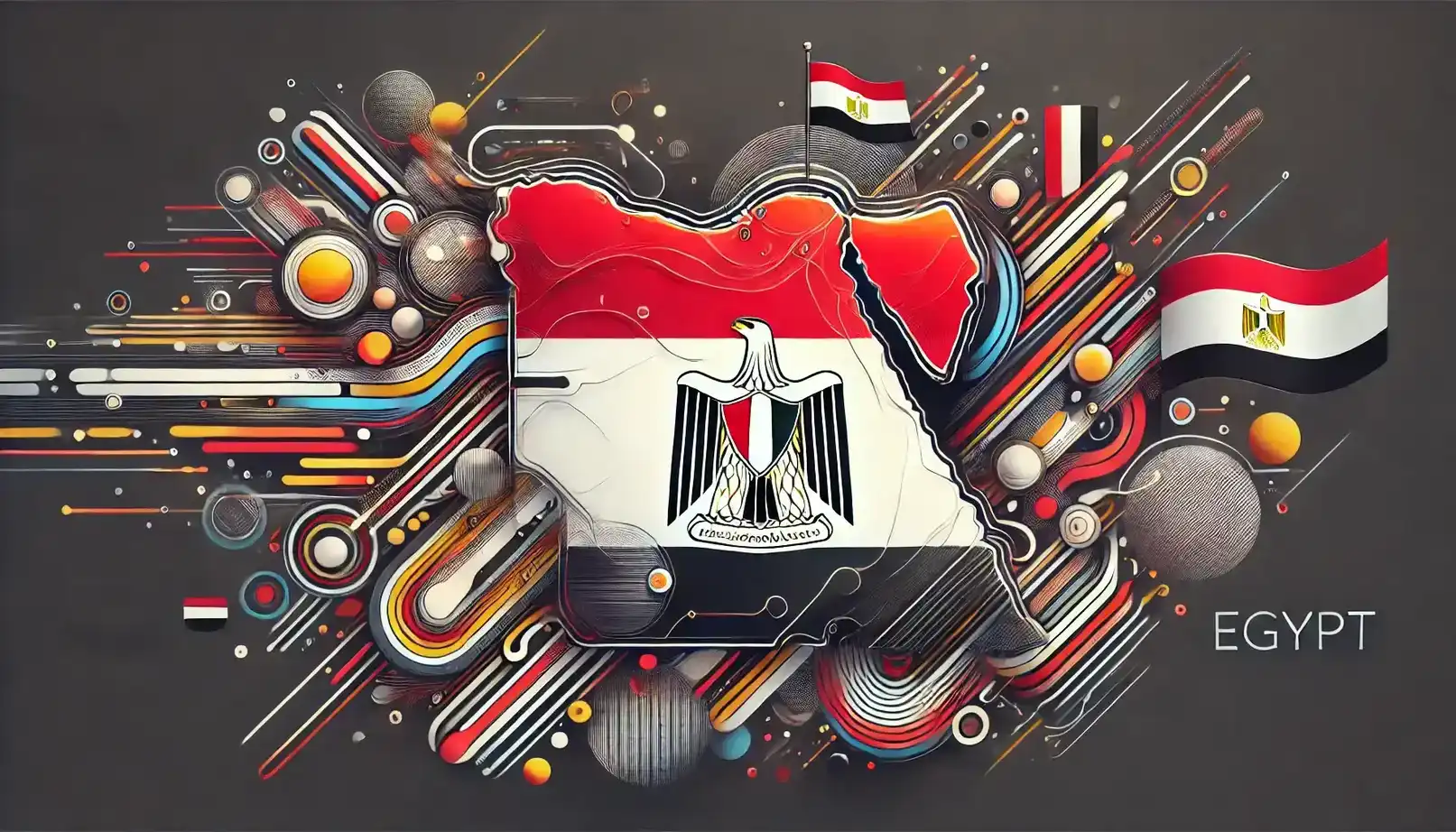
Egypt, a land of ancient wonders and vibrant culture, is known for its iconic pyramids, the majestic Nile River, and the Great Sphinx. With a history dating back over 5,000 years, it was home to one of the world’s oldest civilizations, famous for its monumental architecture, art, and early advancements in mathematics and astronomy. Modern Egypt continues to captivate with its bustling capital, Cairo, its diverse cuisine, and stunning Red Sea coral reefs. This blend of ancient legacy and modern life makes Egypt a unique crossroads of history and culture.
Egypt, located in the northeast corner of Africa, spans over 1 million square kilometers (390,000 square miles), making it one of the largest countries in Africa. With a population of approximately 109 million, Egypt is the most populous Arab country and the third most populous in Africa, following Nigeria and Ethiopia.
The Egyptian economy is diverse, with key sectors including agriculture, tourism, natural gas, and manufacturing. Cairo, the capital and largest city, is home to over 20 million people in its metropolitan area, making it one of the largest cities in both the Middle East and Africa. Alexandria, the second-largest city, has a population of around 5 million and serves as a major Mediterranean port and industrial hub. Other important cities include Giza, Shubra El-Kheima, and Port Said.
For international communications, Egypt’s country code is +20, and the country’s top-level internet domain is .eg.
I’ve been to Egypt three times. The first time, I arrived at Hurghada Airport in the middle of the night and traveled by bus across the country to explore the main sites, eventually flying out from Sharm El Sheikh. On my second visit, I flew directly into Sharm El Sheikh and spent most of my time relaxing on the beaches in Dahab. Afterward, I crossed the border on foot from Taba to Eilat. A few days later, I re-entered Egypt through the same crossing, hoping to get a visa to travel to Luxor and fly out from there. However, they only issued me a stamp that allowed a two-week stay in Sinai.
At the Taba border, the officer sold me the visa for $25 but then demanded an additional $100 to validate it. Unwilling to pay, I decided to stay in Dahab for another two weeks and eventually walked back over the Taba-Eilat border. Because I didn’t pay the extra amount, they only granted me a 14-day stay in Sinai. That third visit was my last time in Egypt. It felt like they weren’t too welcoming to tourists, so I shifted my plans and enjoyed the rest of my trip in Israel and Jordan instead.